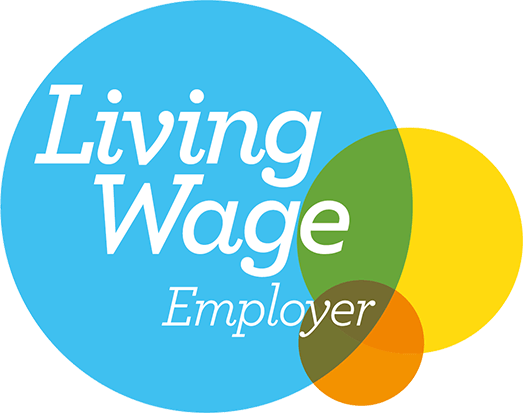News
Slums of the 21st century?
21 January 2020
Raynsford himself has stated that “government policy has led directly to the creation of slum housing” , and has called on Ministers to roll back “damaging permitted development rights”.

This week, Planning Potential attended the launch of the Town and Country Planning Association’s (TCPA) new report “Planning 2020 ‘One Year On’ 21st Century Slums?”. The event was hosted by property developer U+I and followed on a similar event after the launch of the TCPA’s original comprehensive review of the English planning system last year.
A panel of the reports’ contributors, including the Rt Hon Nick Raynsford (President of the TCPA and former Labour Minister), discussed the severe and long-standing issues within our current system. Key themes included the underfunding of the planning system, its over-complexity, an inability to uphold the public interest and increased deregulation through permitted development rights, all of which, they assert, will lead to the slums of the 21st century. Raynsford himself has stated that “government policy has led directly to the creation of slum housing”, and has called on Ministers to roll back “damaging permitted development rights”.
The report’s authors claim that changes to the system, or rather the lack thereof, have led to “a system at breaking point” which is badly organised, does not use its resources efficiently, and risks doing real harm to people’s wellbeing, both in the immediate term and for future generations. The report goes on to state, rather damningly, that “Placing vulnerable people in tiny flats with no windows damages their life chances. Failing to organise ourselves in the face of the overwhelming evidence of the climate crisis is a generational betrayal of the future. It is hard to feel anything but a sense of shame in our collective failure to plan rationally and humanely in the face of such self-evidently vital challenges.” The panellists at last week’s launch event were equally abrupt when it came to their criticisms of, as they see it, a system in crisis.
The report also set out a comprehensive set of priority actions to take forward into 2020. These are aimed at a number of stakeholders in the planning system, ranging from national government and local policymakers to the planning profession and planning schools more generally. However, the author’s key aim with the follow-up report is to influence policymakers and prevent the latest report “gathering dust on a bookshelf”. Therefore, the report recommends that the government must make three key legislative changes:
- Introduce a statutory purpose for planning focused around the health and wellbeing of people and communities;
- Implement minimum basic housing standards in a Healthy Homes Act that would also include a meaningful definition of housing affordability based on income; and
- Revoke damaging permitted development rights, returning these powers to local government.
The report also recommends wider government policy changes, for instance a recommendation that central government mandarins take steps to develop a national spatial plan, as well as several proposals to reshape local government, such as ensuring that health and wellbeing are key objectives of corporate strategies and Local Plans, as well as recommendations for those in the profession and in planning schools.
As acknowledged by the panel, it’s all well and good producing reports critiquing the status quo, but without achieving buy-in from policymakers and legislators, there is a high probability that we will be returning to the issue in a year’s time having made no progress.
You can read the full report here.






